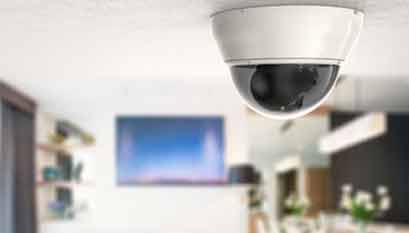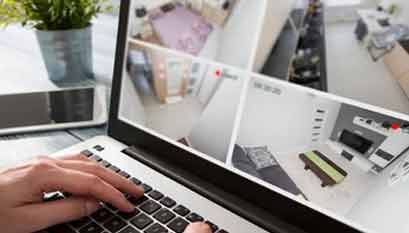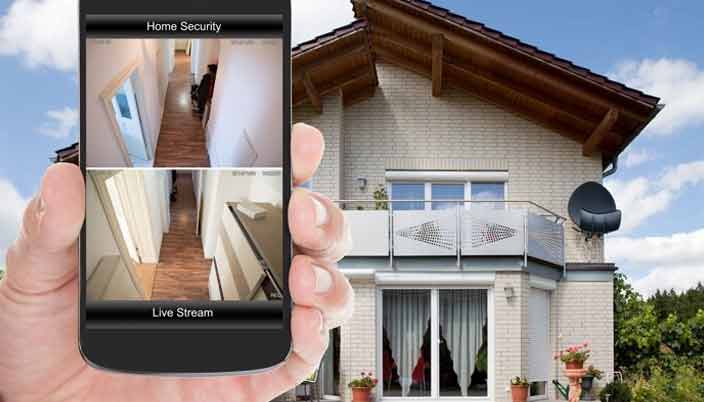Key Benefits and Disadvantages of CCTV for the Home
While a home security system can provide you with a high level of security, there are several disadvantages to installing a CCTV. Here we’ll look at cost, placement, and recording options. In addition to providing you with peace of mind, a CCTV can be an effective deterrent against criminals. The key benefits of installing a CCTV system are numerous. Whether you need to monitor the property or the safety of your loved ones, a CCTV system is a worthwhile investment.
Disadvantages

However, despite the high degree of convenience offered by CCTV for the home, there are several disadvantages of the technology. For example, the cameras’ lines of sight are limited, and if you install more than one camera, you may need additional cameras to cover the entire perimeter. Furthermore, there are “blind spots” that are unaccounted for by the camera’s lines of sight, which could give criminals a way to bypass the CCTV system.
Wireless CCTV systems are susceptible to interference. Other electrical motored devices such as air conditioning and fluorescent lights will disrupt the signals. As a result, the quality of the picture and video may suffer. The systems also have a risk of hacking, meaning unauthorized parties could access the recorded data without permission. A lack of security can result in serious legal action. However, this issue can be solved by a professional with the necessary expertise, Browse around this website.
Cost
The cost of CCTV for the home can vary considerably, depending on the size and type of the system. Generally, CCTV installations cost between $100 and $500 per camera and may also include wires, DVR and additional storage. In addition to the cost of the cameras, CCTV installation services can help you monitor your property with the help of on-site security staff. For domestic properties, the cost of CCTV installation is much lower than the cost of installing an outdoor surveillance system.
Installation charges vary from city to city, as well as by state. Prices are generally higher in some areas of India, while other areas are cheaper. Some brands charge up to Rs. 25,000 for installation in Delhi, while others charge as little as Rs. 500 in Bihar. Installation costs are usually about six to seven percent of the total cost of the system. Installing a CCTV system can range from a few hundred dollars to as much as twenty thousand, depending on brand and features.
Placement
When deciding on the placement of CCTV in the home, there are several factors to consider. First of all, consider the history of burglaries in the area. You can check with neighbors or previous owners to see where there have been burglaries before. Secondly, consider the amount of traffic that passes your home and its location. This will help you determine the best placement for CCTV cameras. Finally, consider the number of people who use your home. If you live alone or rent a unit, you can choose an unobtrusive location for CCTV cameras.
The position of CCTV cameras greatly influences the cabling system. If the cabling is visible, the cameras won’t work as efficiently as they should. In addition to this, placement of the cameras is crucial if you are looking for a deterrent to prevent burglars. It is recommended to place cameras in strategic areas that can provide a clear view. You can also install professional security cameras inside your home to capture the faces of intruders.
Recording options

You have many options when it comes to choosing recording options for CCTV for the home. The most important difference between a home CCTV and a commercial system is their capabilities. While home CCTVs can use analog cameras, they are often outdated, so the choice between a network video recorder and a DVR is a matter of personal preference. If you’re looking for a home CCTV that can monitor a larger property, you might want to opt for a network video recorder.
A good home CCTV system should have a smaller image sensor and a less powerful processor. This way, it will last for 30 days or until the memory card is full. The recording quality of such a system is excellent and you won’t have to worry about losing any footage. Alternatively, you can connect a camera to your PC for 24-hour recording. Depending on the size of your security system, you may want to use cloud storage to access the videos at any time. While cloud storage is a great option, you should be aware of the limited space and may have to pay for additional storage.

